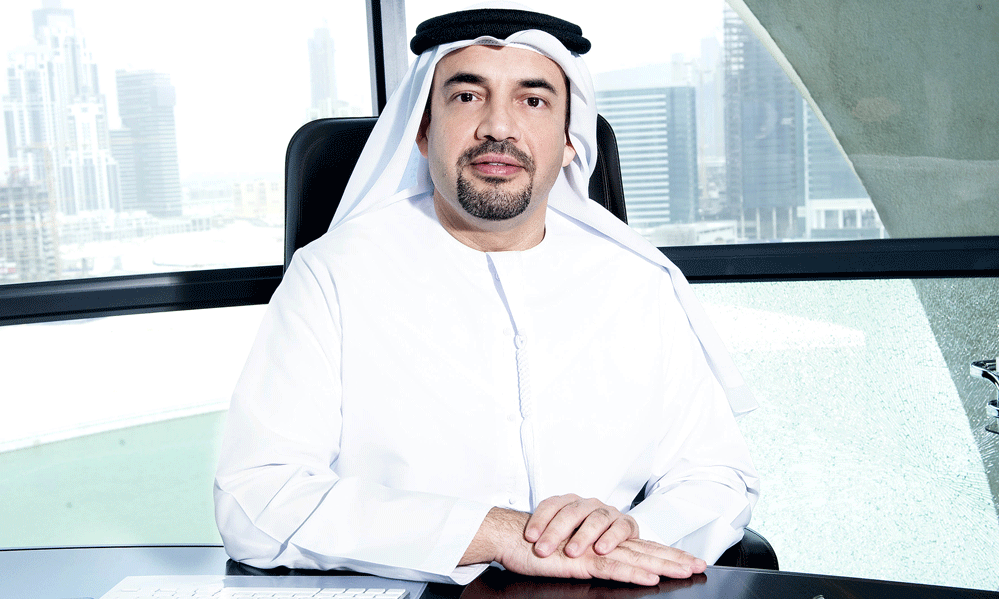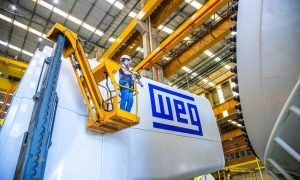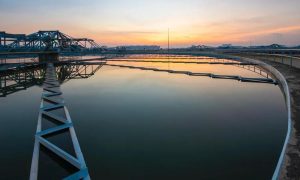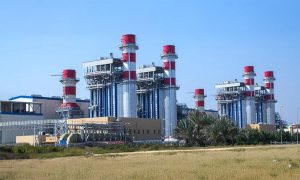UAE legal expert calls for specialised construction law
Growth of UAE construction sector has outpaced developments in the legislation governing it, warns Dr Habib Al Mulla

A specialised law governing UAE construction is required, a leading arbitration expert has said, warning that the current legislation has lagged wider developments in the sector.
Dr Habib Al Mulla, chairman of Baker & McKenzie Habib Al Mulla, one of the region’s biggest law firms, said the legal system is not sufficiently developed to support the construction industry.
“The UAE, with the size and volume of the construction projects going on, would benefit a lot – as an industry and as a state and country – from having a specialised construction law enacted,” he told Big Project ME.
While the UAE’s construction industry is developing at a rapid pace, Al Mulla said he was concerned that the legal framework was lagging.
“The UAE’s legal framework, when it comes to construction, has not developed at the same pace, in the same depth and in the same manner that the construction industry has developed,” he said during an interview at his offices in Business Bay in Dubai.
“While we have very advanced construction projects and practices in the market, the legal framework is still, I would say, a little bit basic when it comes to dealing with construction contracts, clauses and disputes,” he added.
While there are provisions within the civil code that deal with construction, Al Mulla said that the code was introduced in 1985. It was based on civil codes in Jordan and Egypt, which were themselves introduced at least a decade prior to the UAE civil code. Given the developments in the market that have occurred since, there needs to be dramatic changes made, he said.
“There needs to either be a substantial development in the construction sector, in the civil code, or in fact, have a [specialised] construction law,” Al Mulla said.
“If it happens, I think that it will support the UAE’s position as a forum of choice for resolution of construction disputes in the wider MENA region.”

























